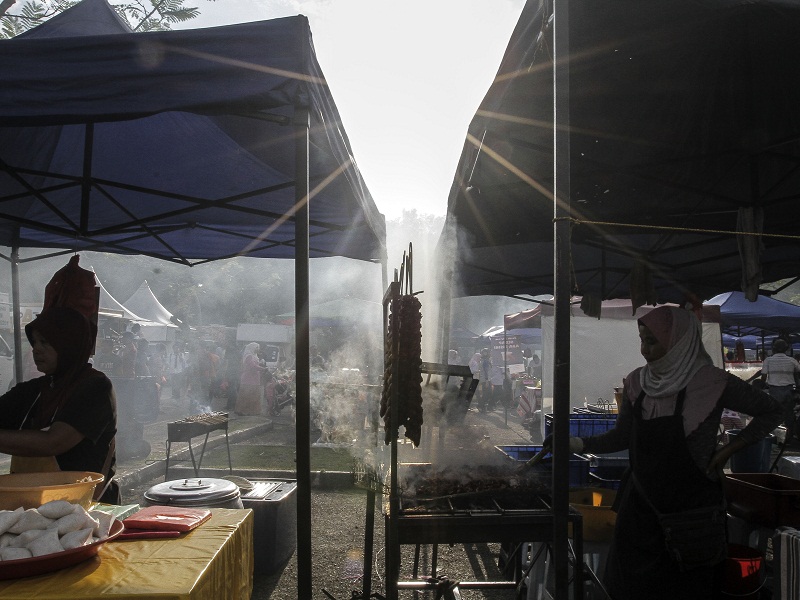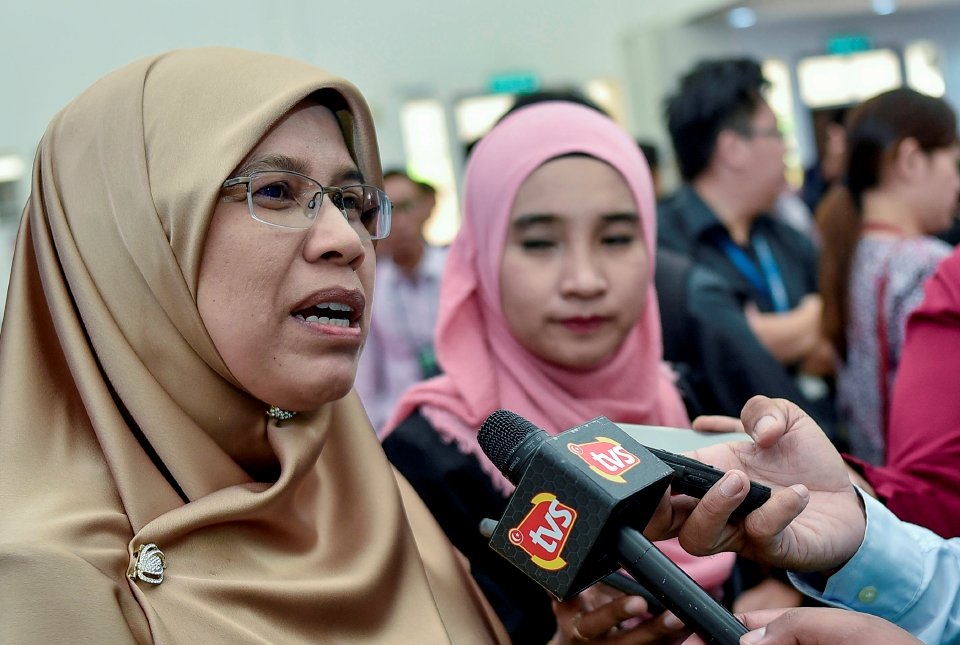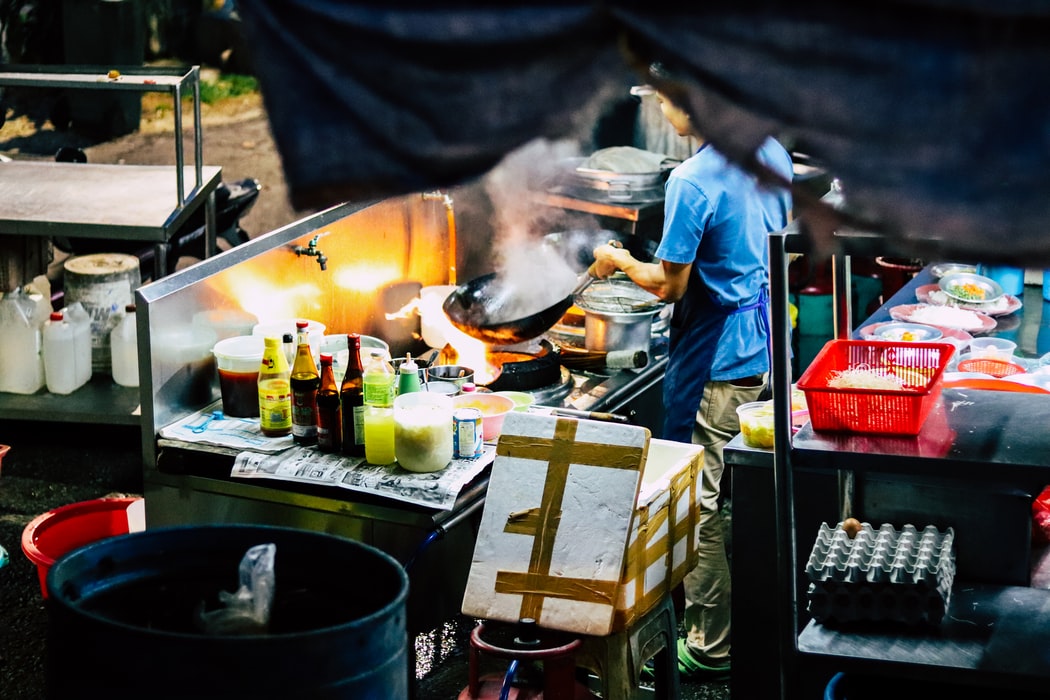Pakatan-Led Selangor Bans Foreigners From Hawking Business
Earlier in June, the state government passed legislation that prohibits foreigners — even if the foreigner is married to a Malaysian — from owning business licences, running temporary businesses, or being employed by such businesses.
The Pakatan Harapan-led Selangor Government on 3 June passed legislation prohibiting foreigners from applying for hawkers' licences in the state, effectively barring them from trading, selling, and conducting business
According to state Entrepreneur Development Committee chairman Rodziah Ismail, foreigners are also barred from running temporary businesses or being employed by such businesses.
"Now there will be no more issues of having foreigners as hawkers or even employees (at hawker stalls)," the Selangor State Assemblywoman was quoted as saying by Selangorkini on 4 June, while emphasising that the legislation also applies to even those who might be married to a Malaysian citizen.
"We will not allow it, even if they are the husband (or wife of a Malaysian)."
Rodziah justified the change in policy to address weaknesses in the current system of issuing business licences for hawking
According to her, there is no clarity on the eligibility for issuing licences (for hawking).
"One of it (weaknesses) is not clearly stating the criteria for issuing permits. There has to be the name of a Malaysian citizen (now)," the PKR member was quoted as saying by The Star on 9 June.
Rodziah explained that there are three conditions for obtaining a business licence, namely:
- must be a Malaysian citizen,
- nominees running a business cannot do so for more than three months, and
- workers employed must be Malaysians and registered with the authorities.
In order to improve this enforcement, the state government will use a biometric system for registration, which cannot be done by anyone other than the person named (in the licence) or the (registered) workers.
She clarified that the legislation only applies to hawkers. Other businesses like restaurants are exempted.
The legislation was being drafted since July last year
Selangor Local Government, Public Transport, and New Village Development Committee chairman Ng Sze Han, while speaking during the state assembly on 31 July 2019, had stated that powers granted to local authorities and their enforcers to act against foreigners were severely restricted.
"We are aware that the practice of Ali Baba is still widespread. One of the problems facing the local authorities is that their power is limited ... therefore, most operations conducted by the local authorities are a joint operation involving the Immigration Department and the police," he said.
"The Selangor state government is aware of this problem. So we are in the midst of coming up with a new enactment (to answer this problem) and it is still in the process (of being drafted)."
At the time, Ng stated that they will not allow foreigners who are registered passport holders to trade unless their businesses are properly registered with the Companies Commission of Malaysia.
According to him, business licences issued by respective local councils must only be given to Malaysians and permit holders must be present at the business premises at all times.
Meanwhile, commenting on the issue, Malay Mail's Lee Khang Yi described the legislation as something that will "kill our food scene"
"If hawkers are not allowed to hire foreigners, it sparks off a chain of problems that will definitely kill our food scene. Firstly, the hawkers will have to fill those vacant spots with local workers," she wrote.
"Locals are not willing to do these back-breaking jobs and at such low wages. They would rather opt for a job as a sales assistant in an air-conditioned environment."
However, according to Mohamed Zamri Mohammed, who is the secretary general of the Federation of Malay Hawkers and Petty Traders Association of Malaysia, the Movement Control Order (MCO) that lasted for over 80 days has had a severe impact on the local economy.
"The economy is at an all-time low. So by eliminating illegal foreign businesses, legitimate local businesses will have a better chance of earning an income and supporting their family," Zamri remarked to BFM.


